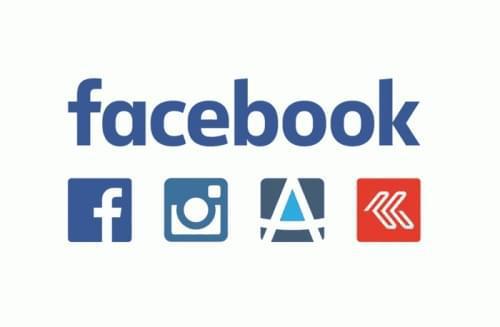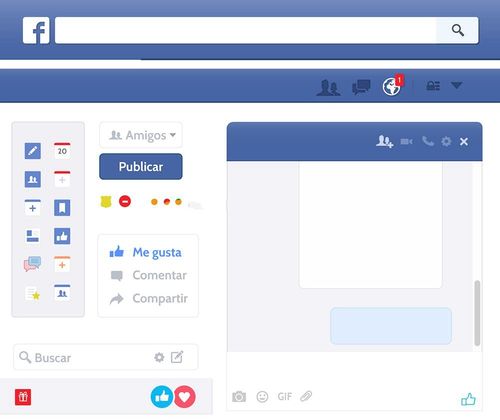Strategies for Using Facebook to Build a Brand as an Industry Disruptor
Business leaders are turning to Facebook to build strong brands and shake up their industries. The platform offers direct access to millions of users, making it a powerful tool for those ready to challenge the status quo. Success starts with knowing your audience. Study who they are, what they care about, and when they are online. This helps you share content that matters to them.
(Strategies for Using Facebook to Build a Brand as an Industry Disruptor)
Post regularly but focus on quality over quantity. Share stories that show your brand’s values and mission. Use real photos, short videos, and clear messages. People connect with authenticity, not polished ads. Respond quickly to comments and messages. This builds trust and shows you listen.
Facebook Groups are another smart move. Create a space where customers and fans can talk, ask questions, and share ideas. This turns followers into a community. It also gives you honest feedback to improve your products or services.
Paid ads on Facebook let you reach specific groups based on age, location, interests, and behavior. Start small, test different messages, and see what works best. Adjust your approach based on real results, not guesses.
Work with people your audience already trusts. Partner with influencers who share your vision. Their support adds credibility and expands your reach without sounding salesy.
Track your performance using Facebook Insights. Watch which posts get likes, shares, and clicks. Learn from this data. Double down on what works. Drop what does not.
(Strategies for Using Facebook to Build a Brand as an Industry Disruptor)
Stay consistent in voice and visuals. Use the same colors, tone, and style across all posts. This makes your brand easy to recognize. Stand out by being bold, helpful, and human.



















